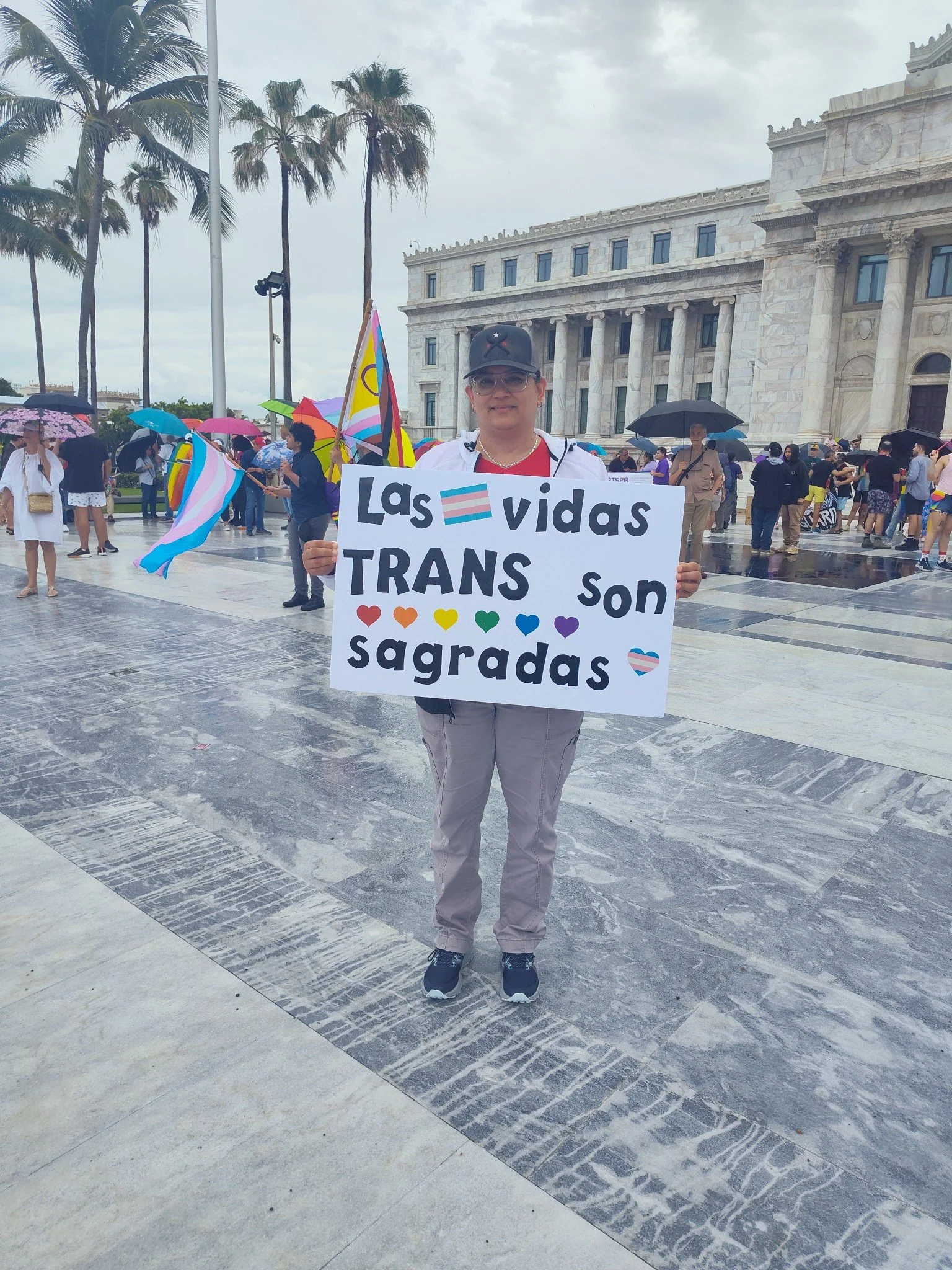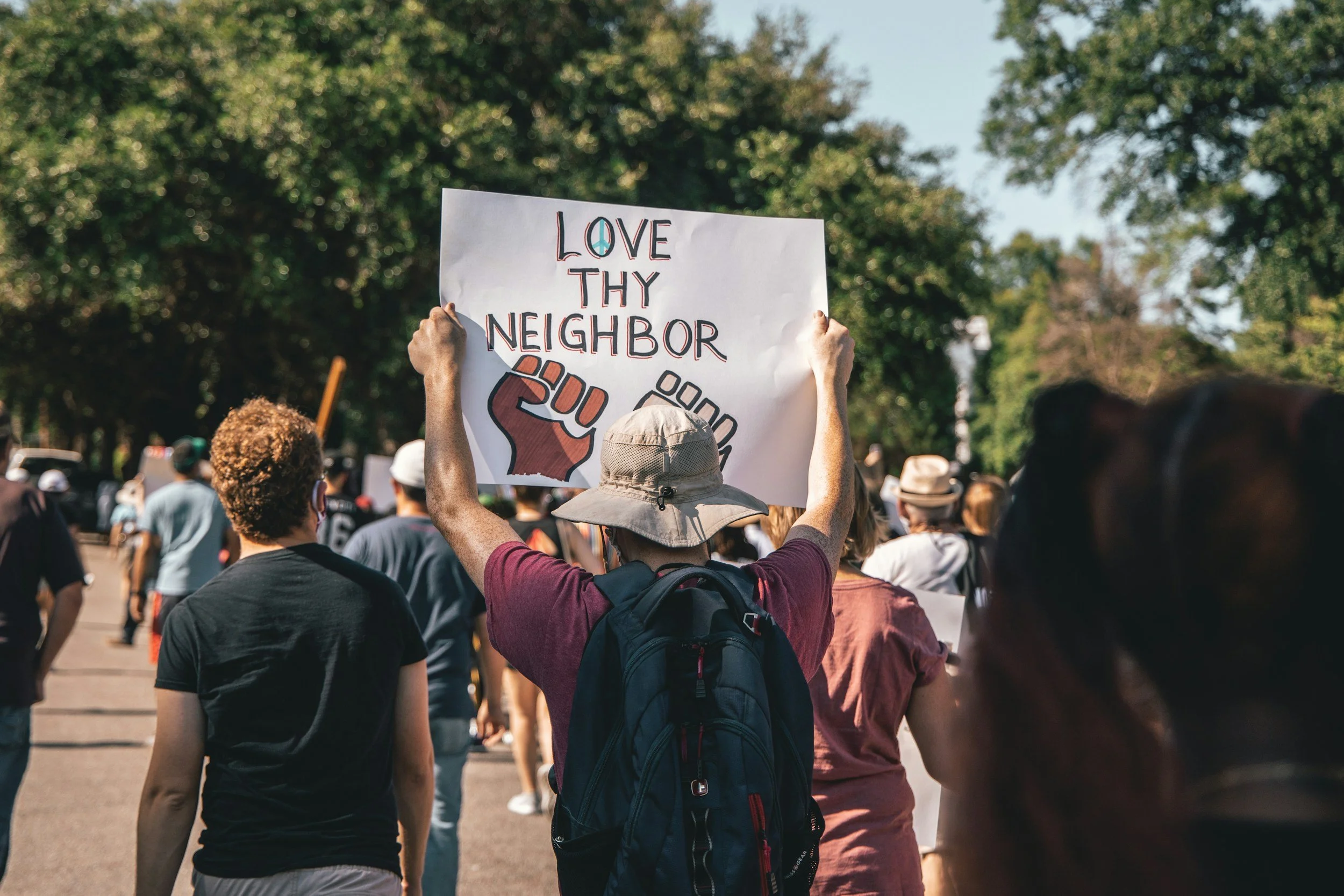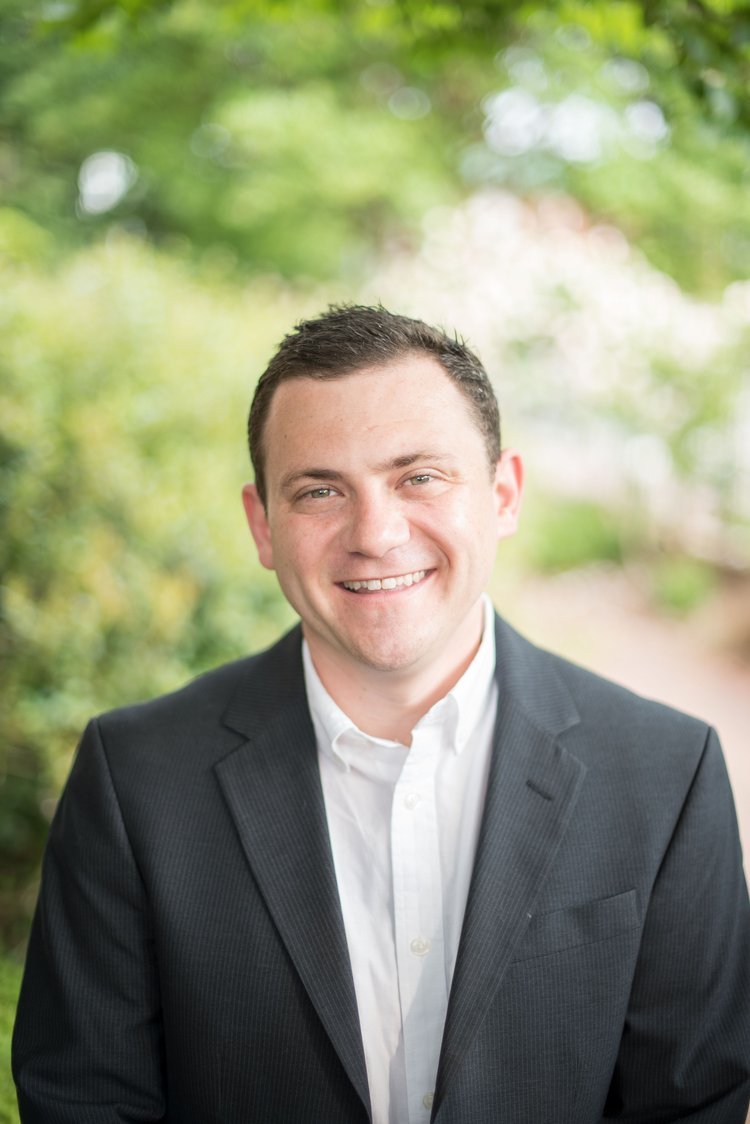
Welcome
Meet the Baptist Peacemaker’s new platform.
Recent Articles
But, “what is hope if not understanding that reality, though material and operational, does not determine everything that is possible?” asks Dr. Yara González-Justiniano. What is hope if not a continuous journey that rejects the present world and affirms, without hesitation, that another reality—more ethical, more just, more beautiful, and more full of love—is possible? What is hope if not the unshakable conviction that our imagination can exceed imposed social paradigms and allow us to think and act toward the world that Jesus Christ dreamed? Jesus, the little child who comes to life in Advent, is hope made real.
My early years in church were the early years of the church. Many of my pivotal moments in my early childhood church life were momentous occasions for the church. Canaan Missionary Baptist Church is the same age as me, and the Pastor that offered Christ to me, baptized me, licensed me, and ordained me still is serving that faith community.
The first thing I understood is that it is their space, not mine. I was there as an ally. That meant walking silently alongside them and being present. I believe the most important thing is for us to act with humility and acknowledge the harm the church has done. We should not step into their spaces to try to take control, or to tell them, “I forgive you,” as if they were doing something wrong or as if forgiveness was ours to give.
Evangelical faith, the spirituality of the Kingdom must transform into love and care to women victims of violence. How? We must open our eyes and hearts to the signs of these times, more to the confessional creeds and in alliances with other goodwill groups.
Sermons
Two thousand years ago, the soldiers were given orders. Slaughter any Hebrew child under the age of two. Not the ones who were children of families who have been insurrectionists. But everyone. Everyone from a certain race, from a certain demographic. It was intended to induce and produce terror. How do you stand up to terrorists?
The disciples are mesmerized, dazzled by the supernatural images of these three. And it made them not think straight. It made them consider preposterous things, like building booths for each of them, like audaciously asking to be at the right and left hand of power. I imagine Peter James and John thinking, we can be just like them—admired, maybe even feared.
We are created by God as unique people, carved out differently for different life purposes, with different talents, and different skills. We are each like unique puzzle pieces that God needs, in order to complete the full picture of the kin-dom of God. When one piece goes missing, the whole picture cannot be complete. Each of us has a unique calling. God created us so uniquely and creatively that each of us has something that we can do, and should do, although very small, to contribute in building God’s beautiful world together.
And now, the call extends to us: to open our churches and hearts to compatriots returning to our lands. Let us expand our tent—becoming open, safe communities of sanctuary in Jesus’ name. Committed to sowing peace through compassion and mercy. Singing for peace, singing for life, lifting our voices for others—even in the midst of storms.
Archived
Articles
Our faith can be expressed in different ways. Throughout the history of the church, one of the most important ways of transmitting and capturing that faith that comes to life has been through the liturgy. Of Greek origin, liturgy means “work of the people.” In its classical sense, liturgy was interpreted as a public service. However, when this service was related to the religious sphere, liturgy referred to official worship given to the gods.
In classic German style, there’s a long word used to describe efforts to work through and overcome the past as the nation reckons with the Holocaust and other Nazi war crimes: Vergangenheitsaufarbeitung. After attempts toward the denazification of the government and other cultural institutions amid the post-war rebuilding and reconciliation, this process of working through the past has included the reappraising of academics, corporations, and others who supported the Nazi regime. Such reflection has also included painful but necessary looks at the actions of church leaders.
Before thinking about the digital platforms for our Church, it is worth reflecting on the virtual space that we want to build, the objectives that we will have for this project and the characteristics that we would like our page to have. If possible, consult with members of the congregation about what type of information they would like to find on the page and in what format (text, video, image).
On a recent visit to Cuba I heard Pentecostal worshippers speaking in tongues and singing coritos, songs that are a part of every Latino evangelical worship service. I prayed the Lord’s Prayer shoulder-to-shoulder with Catholics, Nazarenes, Presbyterians, Methodists, Baptists, and others in an ecumenical service attended by hundreds in Havana. I talked openly with pastors about Bible translations with pastors. I worshiped at both registered and unregistered congregations, prayed before meals in homes and restaurants, and nearly broke noise ordinances with loud worship music. When I preached a sermon in the presence of Communist leaders, I felt no threat of harm or silencing.












